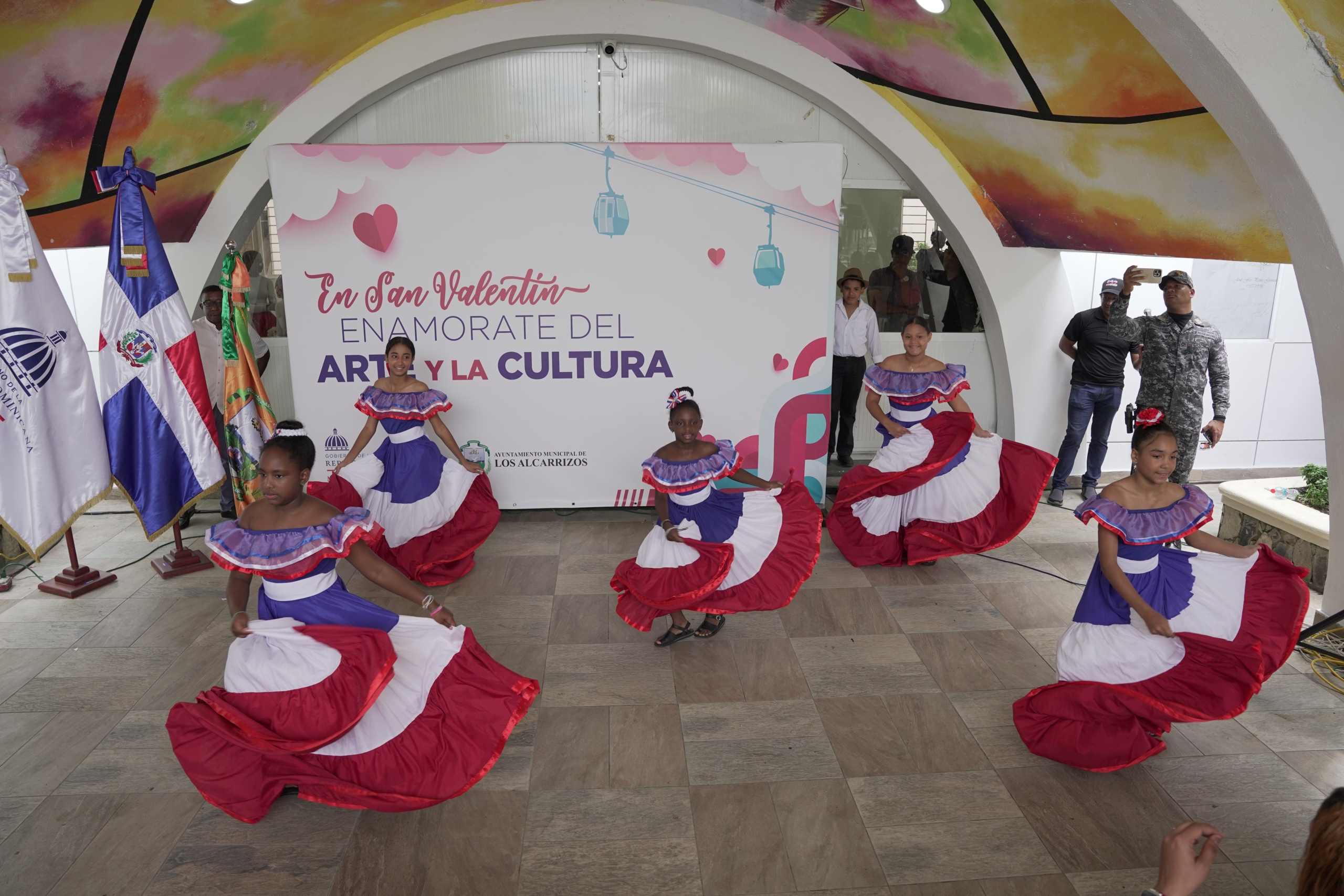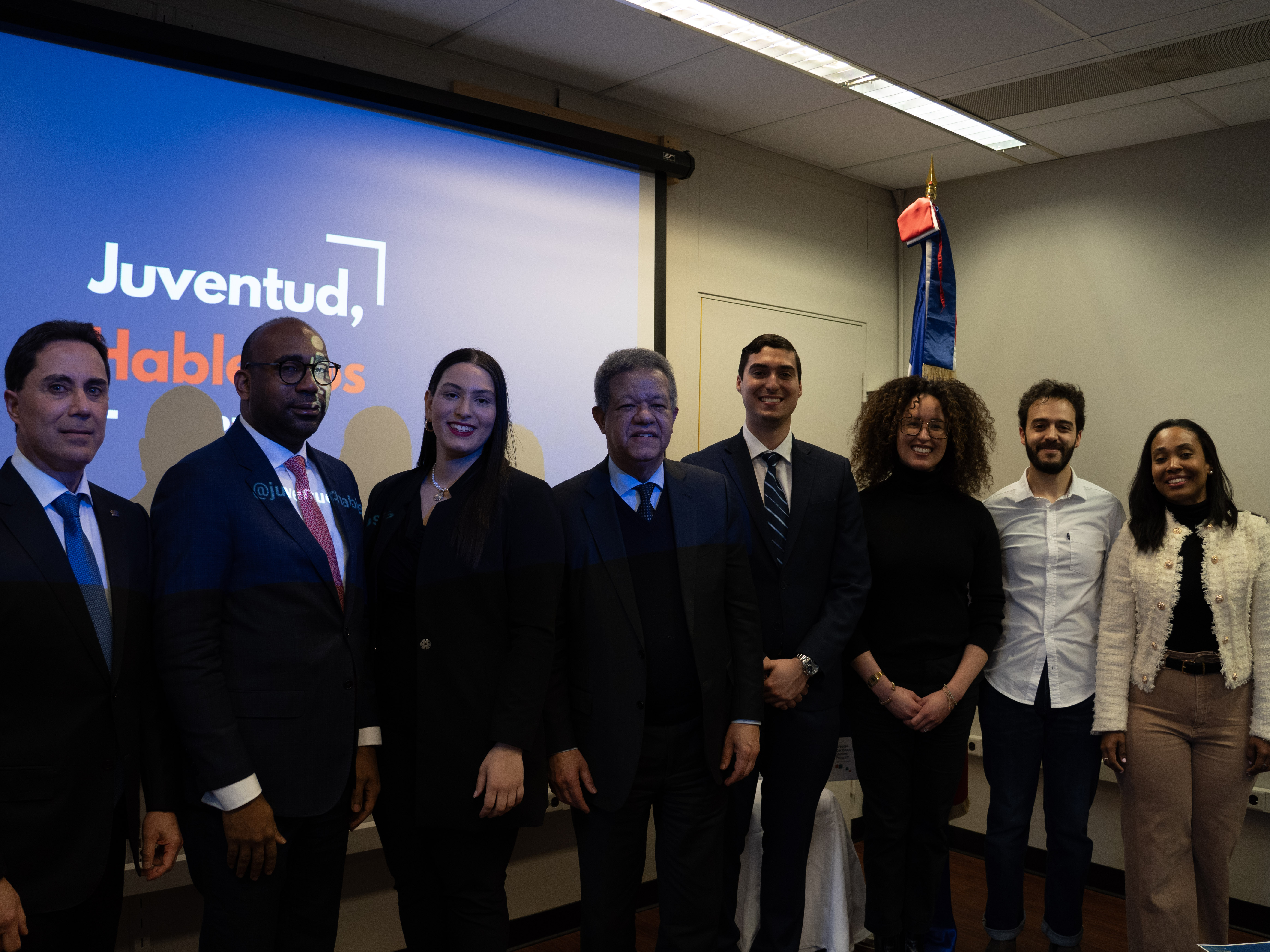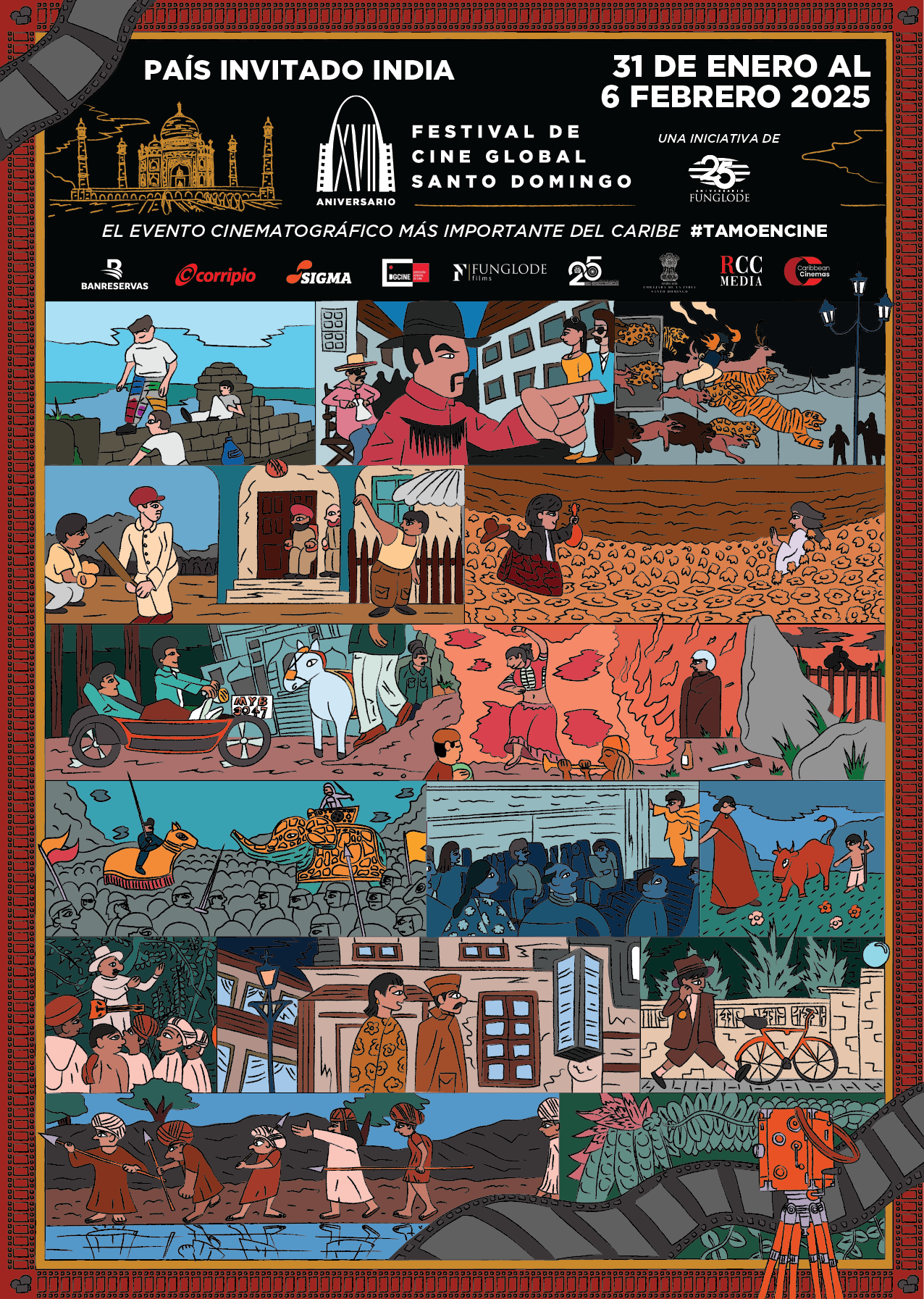Professional Technical Education Directorate of MINERD Continues Consultations on Updating and Revising Curriculum
 | Professional Technical Education Directorate of MINERD Continues Consultations on Updating and Revising Curriculum “Entrepreneurs do not come here to validate something, they come to build with us. Therefore in this process the employers are telling us what they need, and what kind of profile graduates need to work in their businesses,” … To that end, on Tuesday the 18ththe DGETP held the 7th meeting of the Working Group for the Computer and Communications professional family, with the participation of representatives from hotel, telephone and industrial enterprises, the tourism industry, State institutions, and teachers in educational centerswithin this dependency. Lic. Mercedes Maria Matrillé Lajara, Director of Professional Technical Education, said that an important aspect addressed in these working groups is how to integrate education with work, and how to obtaina shared vision between academia and business. “Entrepreneurs do not come here to validate something, they come to build with us. Therefore in this process the employers are telling us what they need, and what kind of profile graduates need to work in their businesses,” she said. Matrillé Lajarasaid that employers, along with theDGETP, are definingthe processand developing what kind of profiles graduates of technical high schools need and what skills should have. “From this processwewill draw on a new supply inprofessional technicaleducation, in order to generatewhat graduates can offer to this family of enterprises,”the DGETP director explained. Meanwhile, Jose Canario, the organization’s service technician, said the process involvesfive stages, beginning with the establishment of a model and a methodology for the design and curriculum development within the approach to professional technical education. It then passes into the developmentof professional profiles, preparing the field of observation for analyzing functions and processes to generate skilled units, which is the stage where work currently is carried out. The third stage includes internal and external validation of everything that is done outside of the participating groups, including civil society and academia, after which training programs are set. The process culminates with the approval by the authorities in MINERD and the National Education Council(CNE), making it a formal offer to Professional Technical Education. The DGETP offers 33 specialties in the industrial, agricultural and services in 126 polytechnic institutes on the national level,with a population of around 39,000 students who are expected to apply for new academic offerings during the 2014-2015 school year. The process has the support of consultant Francisca Albizu from the Spanish Agencyof International Cooperation for Development (AECID) as well a ssupport from the Youth Development NGO and the Salesian Society. Among the companies participating in the process are Industria Nigua, Claro-Codetel, PuntaCanaFoundation, the AdrianTropicalchainandthe Tourism Cluster of Santo Domingo, associations of small hotels and restaurants as well as government institutions such as the Ministries of Tourismand Culture, the Dominican Telecommunications Institute (lNDOTEL) and Technical and Professional Training (INFOTEP), among other state agencies. Work will continue on Wednesday the 19th with a meeting of family members in hospitality and tourismin the Meeting hall of DGETP, located on Rotary Club street at the corner of Luis Pérez García street, in the Ensanche La Fe. Lic. Mercedes Maria Matrillé Lajara, Director of Professional Technical Education, talks about the workshop and curriculum review process. With her is Jose Canario, service technician of this dependency.
|

Related News
-

(Versión en español) MINC realiza el evento "Enamórate del Arte y la Cultura" en Los Alcarrizos
-

(Versión en español) InspireDR celebra una década de impacto con “La Fiesta 10” en Cabarete
-

(Versión en español) Organización “Juventud Hablemos” de la Universidad de Columbia y la GFDD copatrocinan a casa llena evento sobre “La evolución de la democracia en la República Dominicana”
-

(Versión en español) Realizan premiere del documental “El Padrino II: 50 años y su filmación en República Dominicana”
-

Actividad #1
Dónde:: Complejo Acuático Del Centro Olímpico Juan Pablo Duarte.
Días: 28 y 29 de noviembre 2016.
Precios: RD$1,1000.00 VIP, RD$600.00 gradas.


